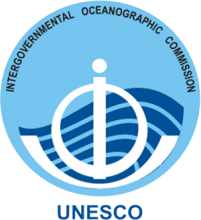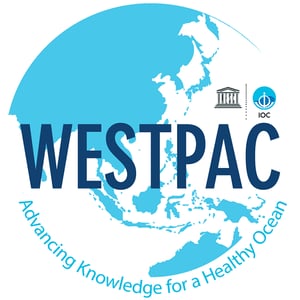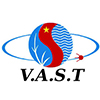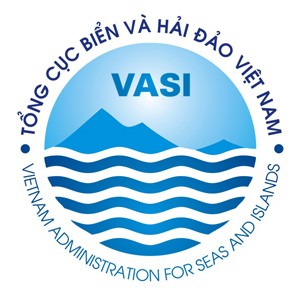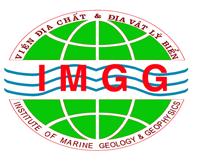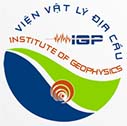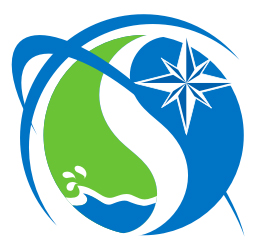Overview
Increased activity in the coastal and marine environment has led to two important types of conflicts in the region: (1) conflicts among human uses (user-user conflicts); and (2) conflicts between human uses and the coastal and marine environment (user-environment conflicts).
These conflicts weaken the ability of the ocean to provide the necessary ecosystem services upon which humans and all other life depend on. This course provides an introductory, but comprehensive, overview of CMSP. It focuses on describing a logical sequence of all the steps required to achieve desired goals and objectives for coastal and marine areas. This course does not focus on the technical details of any one of the steps and it is not intended to be a course that will help to develop a marine GIS or implement a performance monitoring system.
When available, references to existing technical guides, handbooks, and websites are suggested in the course materials. This course can help professionals at the international, regional, national, and sub-national levels who want to know more about the promise and potential of CMSP as a way to achieve multiple goals and objectives, including sustainable economic development and biodiversity conservation within a specified coastal and marine area.
Learning Outcomes
The purpose of this course is to explain how CMSP can be used to implement ecosystem-based management. This course fills this gap by using a step-by-step approach for developing and implementing CMSP. It also discusses issues such as obtaining financial resources and including key stakeholders that are often neglected, and steps of the CMSP process.
Course Topics
• What is CMSP, what are the benefits and expected results;
• Insight in the logical steps and tasks of setting up a successful CMSP program;
• Overview of successful and not successful case studies from around the world;
• Identification of human activities that adversely affect important natural areas on coastal and marine areas
• Streamlining the policies and licensing procedures affecting the coastal and marine environment
• Identification of space most suitable for the development of new human activities such as renewable energy facilities or offshore aquaculture
Target Audience
• National, state and local district planning officers responsible for the planning and management of coastal and marine areas, and their resources
• Conservation personnel from the public and private sectors including NGOs
• Decision makers; Local district / municipal officers
NOTE: priority will be given to participants originating from the South-East Asia Region. UNESCO is committed to promote gender equality. Therefore, applications from women are strongly encouraged.
Course Pre-requisites:
• Interest or new responsibilities coastal zone management and marine spatial planning
• Good Working knowledge of English language
• Computer IT skills
Course dates:
18 – 22 November, 2018
Duration: 5 working days
(~ 30 hours classroom sessions, plus eventual online assignments)
Course Venue:
INOS-UMT, Kuala Terengganu, Terengganu, Malaysia
Lecturers:
• Prof Wan Izatul
• Aidy M Muslim
Period for Applications:
28 September – 14 October 2018
Application process:
Please fill in the online application form on
https://otga.wufoo.com/forms/s12pnqm01xlle5y/
or https://bit.ly/2OVZ7XA
All information available:
https://www.oceanexpert.net/event/2280
and how to apply here: http://bit.ly/2ACZY9r
No tuition fee applies. A limited number of fellowships is available.
Contacts:
OTGA Malaysia Regional Training Centre
Coordinator: Dr. Aidy M Muslim
This email address is being protected from spambots. You need JavaScript enabled to view it.
OTGA Secretariat: This email address is being protected from spambots. You need JavaScript enabled to view it.
Useful sites: www.iode.org



